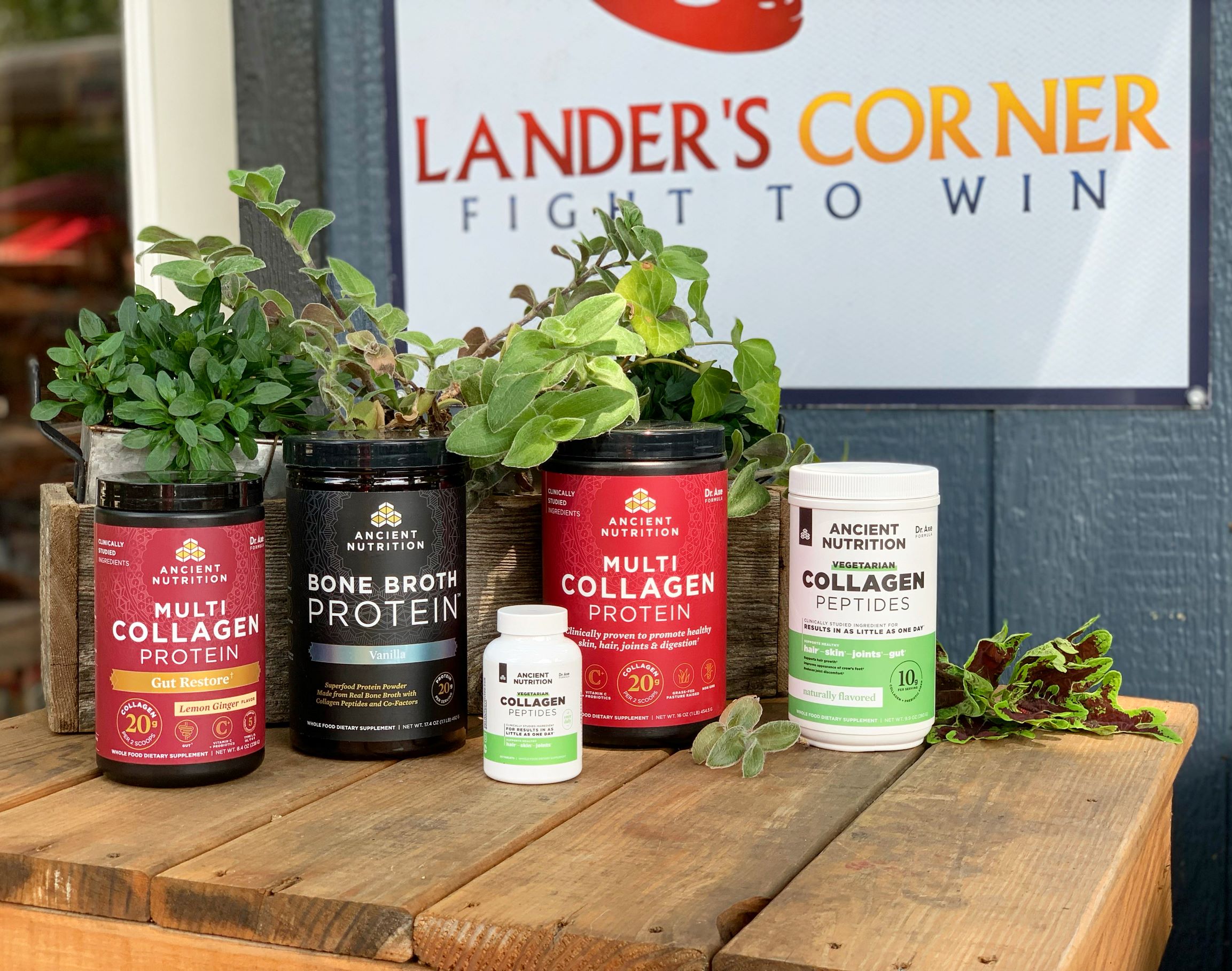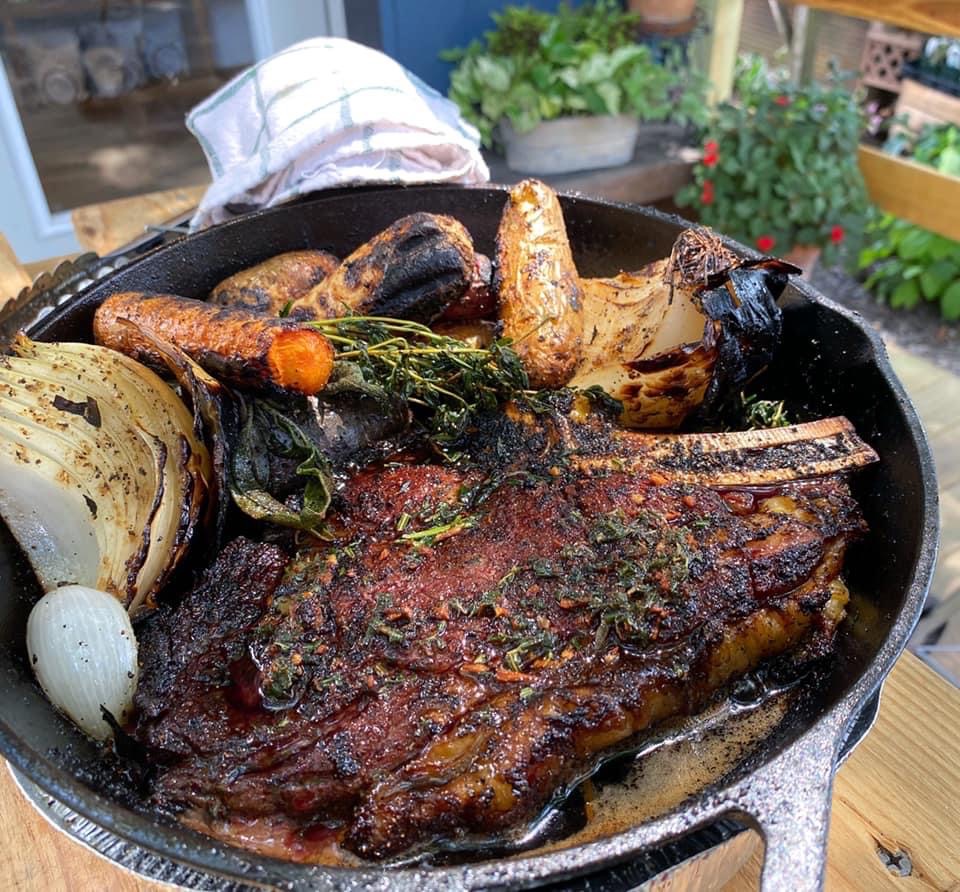
What is Collagen, and Why Do You Need It?
By Logan Duvall
I’m pretty contrarian by nature and leery of fads!
Oscar Wilde is known for saying, “Everything popular is wrong.” It is something that resonates with me personally and has played out repeatedly.
With the popularity of collagen and the myriad of health schemes, had it not been for the endorsement of my mentor from afar, Dave Asprey, I don’t know that I would have come around to it as soon.
Collagen is composed mainly of the amino acids glycine, proline, and hydroxyproline.
Our bodies naturally make collagen from amino acids. I think of amino acids like LEGOS, and the LEGOS are put together to make the wall of a building. The building wall is the protein that makes more significant and larger structures.
Collagen is the main component of your connective tissue. You can find it everywhere – in membranes, bones, ligaments, skin, and hair, making skin more elastic and giving hair its strength and shine.

The Healthline collagen article lays out benefits to the body. [1]
- tissue repair
- immune response
- cellular communication
- cellular migration, a process necessary for tissue maintenance
This means that dietary collagen is used by the body to provide results in better functioning.
As we age, the production declines; the most notable signs are wrinkles, sagging skin, joint pain, brittle hair, and nails. Gut health is another aspect collagen plays a role in. For example, the lining of our intestines is, in part, made up of collagen.
Food sources of collagen are bone broth, eggs, fish and red meat – the tougher, the more collagen.
Interestingly, sugar reacts with the collagen in our skin to make skin stiffer and less elastic.
Vitamin C is essential in the body’s ability to utilize collagen.
Preclinical studies demonstrated that vitamin C has the potential to accelerate bone healing after a fracture, increase type I collagen synthesis, and reduce oxidative stress parameters. [2]
Adequate collagen consumption supports resilient skin, strong nails and hair, flexible joints, and a healthy gut.
I commonly hear of pain reduction in joints when supplementing with collagen for a few weeks or more. It’s a slow process. As a side note for those suffering from joint pain, without question, the number one supplement is UltraCur.
Getting collagen in food is best with supplements winning the convenience category.
There are so many on the market, and it can get overwhelming. I personally work with Ancient Nutrition. This is Dr. Josh Axe and Jordan Rubin’s company. The company is based out of Tennessee and is involved in the agricultural side of health as they are the end user.
I respect Axe and Rubin for many reasons and believe in them so much that I put Ancient Nutrition products in Lander’s Corner.
[1] https://www.healthline.com/nutrition/collagen#what-it-is-and-uses
[2] https://www.ncbi.nlm.nih.gov/pmc/articles/PMC6204628/
